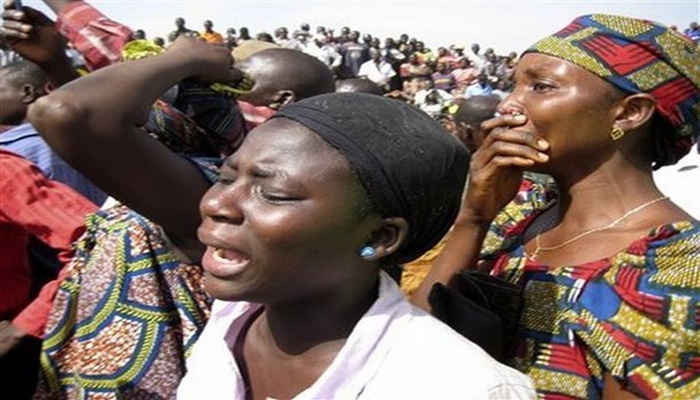UN report puts Nigeria’s population at 201m, as fertility rate among women drops to 5.3%

The United Nations Population Fund (UNFPA) has said in its 2019 State of the World Population Report published on its website, that Nigeria’s population has hit a new high of 201 million.
The report also noted that Nigeria’s growth rate has been at an average of 2.6 per cent from 2010 to 2019 with the fertility rate among Nigerian women dropping from 6.4 per cent in 1969 to 5.3 per cent in 2019.
That means an average Nigerian woman gives birth to at least five children while Global fertility rate, or the average number of births per woman stood at 4.8 per cent in 1969; 2.9 per cent in 1994; and 2.5 percent in 2019.
According to the report, contraceptive prevalence rate among Nigerian women aged 15-49 is only 19 per cent, adding that decision making on sexual and reproductive health and reproductive rights among these women has averaged at 51 per cent between 2007 and 2018.
What this entails is that 49 percent of Nigerian women still do not have the power to decide on their sexual and reproductive health and reproductive rights.
The UN agency estimated that Nigeria’s population has grown from 54.7 million in 1969 to 105.4 million in 1994 and 201.0 million in 2019.
Of this 201 million, 44 percent or 88.44 million are between the ages of 0 and 14, while 32 percent, 64.32 are within the ages of 10 and 24.
The reports revealed that “reproductive rights are still out of reach for too many women, including the more than 200 million women who want to prevent a pregnancy but cannot access modern contraceptive information and services”.
“Ultimately, almost all of the 4.3 billion people of reproductive age around the world today will have had inadequate access to sexual and reproductive health services at some point.






